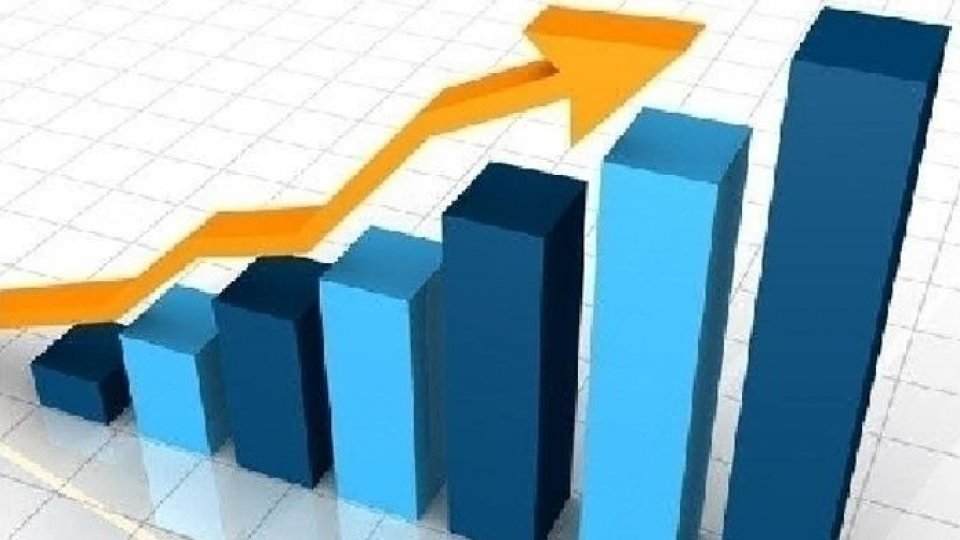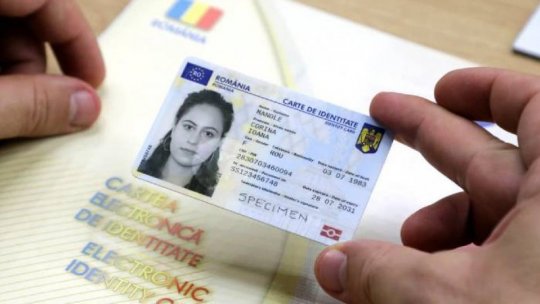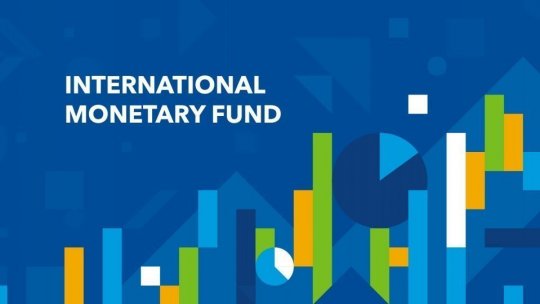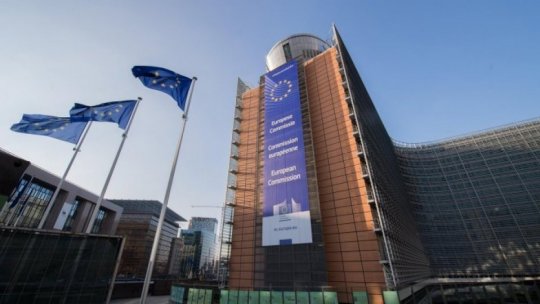Romania’s economic growth rate, among the biggest in EU
Romania is one of the EU countries with the biggest economic growth rate in the second quarter of 2015 as against the same period of last year.

Articol de Radio România Internaţional, 09 Septembrie 2015, 14:40
The Eurozone economy went up by 0.4% in the second quarter of 2015, as against the previous three months, according to data made public by Eurostat on Tuesday.
The growth rate slightly exceeds the initial 0.3% forecast due to exports and consumption expenditure.
The European Central Bank had already anticipated, last week, that the economic recovery of the Eurozone would continue, although at a slower pace given the impact of China’s reduced economic activity.
The same bank has forecast for this year an economic growth rate of 1.4% in the Eurozone, followed by an advance of 1.8% in 2016.
Moreover, the European Central Bank President, Mario Draghi, has given assurances that the financial institution he leads is ready to supplement the stimulation measures in case the Eurozone economy needs it.
At EU level, the GDP went up in the second quarter of 2015, as against the first three months of the year, except for France, whose economy stagnated.
The most important advance was reported by Latvia (1.2%), Malta (1.1%), the Czech Republic, Spain and Sweden (1%), followed by Greece and Poland (with 0.9% each), Slovakia (0.8%), Estonia, Croatia, Lithuania, Slovenia and Great Britain (with 0.7% each).
On the other hand, the Netherlands, Austria and Romania had the smallest growth rate in the EU, of only 0.1%. Nevertheless, Malta, the Czech Republic and Romania reported the biggest annual economic growth.
That is, in the second quarter of this year Romania’s economic growth rate stood at 3.7% as against the same period of last year, while Malta’s economic growth rate stood at 4.8% and that of the Czech Republic at 4.4%.
The sustained economic growth, the small inflation level, the stability of the domestic currency and the small public debt make the Romanian economy a possible destination for investors that see the economic situation in China and Greece as too risky to encourage new businesses in those countries.
Also, the direct foreign investment seems to recover and is already on the increase.
In the first half of 2015 the direct foreign investment exceeded by over 450 million euros the level it had in the same period of last year.
Moreover, the recent endorsement by the Bucharest Parliament of a new Fiscal Code has made Romanian political leaders strongly believe that most of its provisions will lead to the modernization of the national fiscal system.









